About the RHFAC Professional Training
Whether you are planning, designing, constructing or operating a site, Rick Hansen Foundation Accessibility Certification™ (RHFAC) Professional Training will provide you with the knowledge and practical skills needed to apply a meaningful access lens to your projects, and rate a building for its overall accessibility under the RHFAC program.
Enhance your skills and demonstrate your commitment to access and inclusion by taking this 8-week course. The course will take approximately 60 hours to complete, and you must complete and successfully pass this course and exam to qualify for your RHFAC Professional designation. Prerequisites apply.
Benefits of RHFAC Professional Training:
RHFAC Professional Training learners will:
- understand the scope and prevalence of disability;
- describe how people with varying types of disabilities experience the social and physical environment;
- learn to apply Universal Design principles and a meaningful access lens to existing sites and pre-construction projects;
- discuss the legal landscape and frameworks affecting people with disabilities; learn about the RHFAC program, its benefits, methodology and the rating and certification process;
- rate existing sites and pre-construction projects for meaningful access using the RHFAC Rating Survey;
- communicate areas of success and improvements for an RHFAC rating; and
- understand construction projects and how RHFAC Professionals can be involved.
Who Should Take this Training?
RHFAC Professional Training supports Architects, Urban Planners, Engineers, Facility Managers and Operators, Accessibility Consultants and more.
Course Welcome from Rick Hansen
Ready to register?
The RHFAC Professional Training course provides training on the RHFAC rating and certification process for learners to become designated RHFAC Professionals.
During this course, learners will be required to:
- Review and analyze detailed documents and construction drawings.
- Conduct site visits and collect data using equipment and tools such as measuring tape, slope reader, light meter, etc.
- Capture site features of the site using photography or other digital equipment.
Learners registering for the RHFAC Professional Training course should best determine how they would complete these tasks.
Cost: This course is $2,500.00 plus applicable taxes.
Winter 2026
| START DATE | END DATE | LIVE SESSIONS | INSTRUCTOR | LINK |
| New Date Added | ||||
| Feb. 17 | Apr. 10 | Thu 12 - 2 p.m. EST | Gail Martiri | Register |
| Mar. 5 | Apr. 23 | Thu 1:20 - 3:30 p.m. AST | Kristen Habermehl | Register |
| Mar. 9 | May. 1 | Wed 12 - 2 p.m. EST | Gail Martiri | Register |
Spring 2026
| START DATE | END DATE | LIVE SESSIONS | INSTRUCTOR | LINK |
| Apr. 13 | Jun. 5 | Wed 6:30 - 8:30 p.m. EST | Julia Pannolino | Register |
| Apr. 14 | Jun. 6 | Wed 6:30 - 8:30 p.m. EST | Pat Short | Register |
| May. 4 | Jun. 26 | Wed 12 - 2 p.m. EST | Gail Martiri | Register |
Fall 2026
| START DATE | END DATE | LIVE SESSIONS | INSTRUCTOR | LINK |
| Sep. 8 | Nov. 3 | Wed 12 - 2 p.m. EST | Gail Martiri | Register |
| Oct. 6 | Dec. 1 | Wed 6:30 - 8:30 p.m. EST | Pat Short | Register |
| French Course | ||||
| Sep. 8 | Nov. 3 | Thu 6:30 - 8:30 p.m. EST | Christelle Montreuil | Register |
Winter 2027
| START DATE | END DATE | LIVE SESSIONS | INSTRUCTOR | LINK |
| Jan. 12 | Mar. 9 | Wed 6:30 - 8:30 p.m. EST | Jenny Blome | Register |
| Feb. 9 | Apr. 6 | Wed 6:30 - 8:30 p.m. EST | Julia Pannolino | Register |
RHF’s Post Secondary and Association Partners:
 | 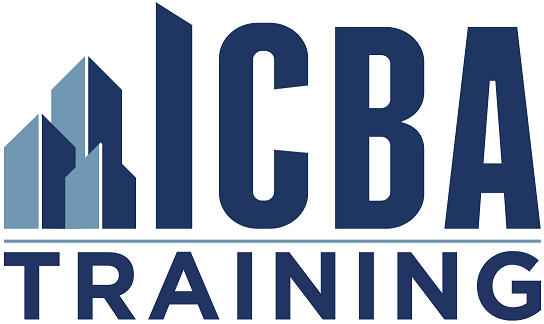 |  |
Carleton University | Independent Contractors and Business Association | Nova Scotia Community College |
 | 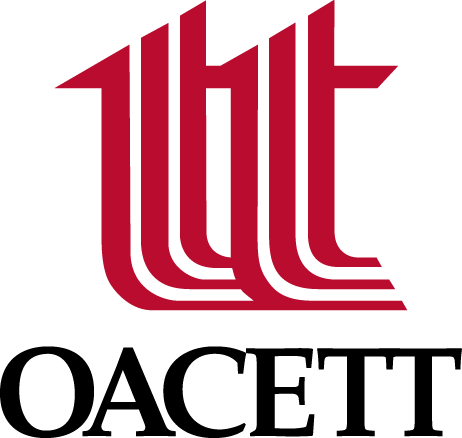 | 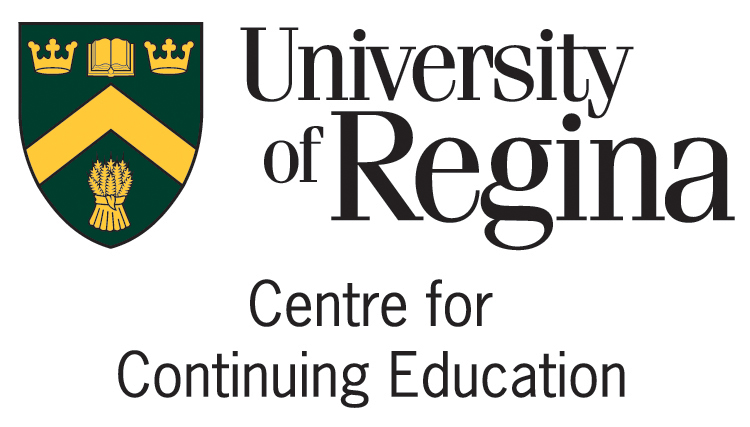 |
Royal Architectural Institute of Canada | Ontario Association of Certified Engineering Technicians and Technologists | University of Regina |
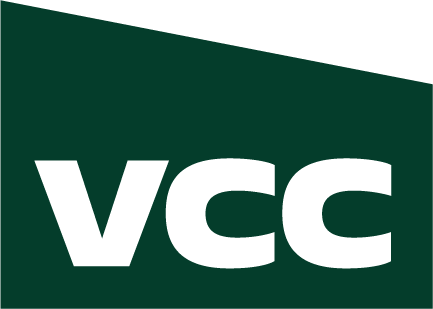 | 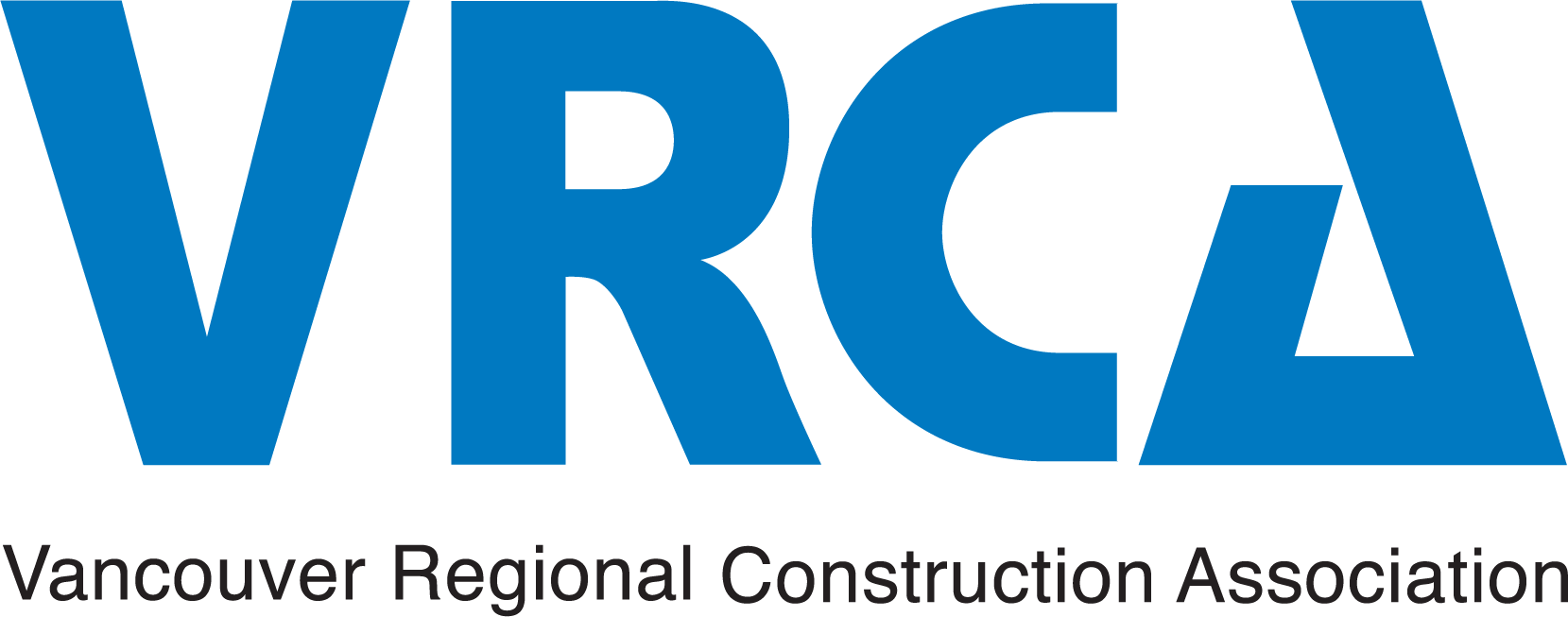 | |
Vancouver Community College | Vancouver Regional Contractors Association |
RHFAC Professional Training Course Prerequisites
- a certificate or at least one year of completed post-secondary studies in architecture, building construction, civil engineering, urban planning, interior design or a related program; or
- a Journeyman Certificate of Qualification in a designated trade related to building construction; or
- an engineer (or eligible for registration as an engineer); or
- an architect (or eligible for registration as an architect); or
- an architectural or engineering technologist or technician; or
- a minimum of five years of construction experience; or
- an equivalent combination of lived experience and work experience in the built environment.
Education and credentials awarded outside of Canada will be considered.
Not sure if you meet the prerequisites listed? Please send a statement to training@rickhansen.com explaining why you are interested in taking RHFAC Professional Training and what technical knowledge and skills you have that could be transferable to this course. Exceptions to the prerequisites will be made on a case-by-case basis by our technical team.
Next Steps: Becoming an RHFAC Professional
After you pass the RHFAC Training Course, you will need to complete the following steps to earn your RHFAC Professional Designation, if you wish to pursue it.
- Pass the RHFAC Professional Exam, administered by the CSA Group within 6 months after passing the RHFAC Professional Course.
- Ensure you have an active Professional Membership with the Accessibility Professional Network (APN).
- *New Process to apply for Designation: Login to the APN, and visit “My Profile” section. There’s a heading titled “RHF Designation”. Upload your proof of exam pass letter, and change Designation Status to: “Completed requirements for RHFAC Professional Designation”. RHF will get back to you by email within 10 business days.
- Maintain your designation by following the Code of Ethics, maintaining your Accessibility Professional Network membership, meeting continuing education requirements, and completing any mandatory training.
Corporate Group Training Overview
Empower your team with convenient online access to RHF training through our corporate group training program. Designed for flexibility and efficiency, this program offers:
- Centralized Tracking – Monitor employee enrollment and track training completion across your organization
- Bulk Enrollment – Easily upload multiple employees to your training portal
- Simplified Group Invoicing – Streamline billing with consolidated invoices
- Flexible Enrollment – Enroll employees at your own pace
- Direct Employee Access – Employees can self-enroll via your group portal
- Custom Branding – Personalize your corporate training page with your brand identity
Interested in Group Bookings?
For corporate access or inquiries about RHF training courses, please contact us at training@rickhansen.com
Meet RHFAC Professionals
Discover the ways these RHFAC Professionals are using their designations in their work as architects, building industry professionals, accessibility consultants and more.
RHFAC Professional, Charles Choo, creates relationship with property manager to build a more accessible world
March 12, 2024
In 2017, Charles Choo attended the Interior Design Show in Toronto. As an engineer, learning about leading developments in the architecture field was important to Choo. At this conference, Rick Hansen...
Colin McCarthy is Seeking Access for All
June 8, 2023
Colin McCarthy has been a person with a disability since he was fourteen and discovered he had Ewing’s sarcoma, a rare type of cancer, predominantly diagnosed in children. To save his life, his leg...
Sherry Hastings is Excited to Create Accessible Buildings as an RHFAC Professional
March 8, 2023
Sherry Hastings, a Senior Architectural Technologist at P3 Architecture Partnership, was working on Wascana Rehabilitation Centre in Regina, Saskatchewan when she first heard about Rick Hansen...
Have a question about the RHFAC Training Course or becoming an RHFAC Professional?
Please email training@rickhansen.com.




